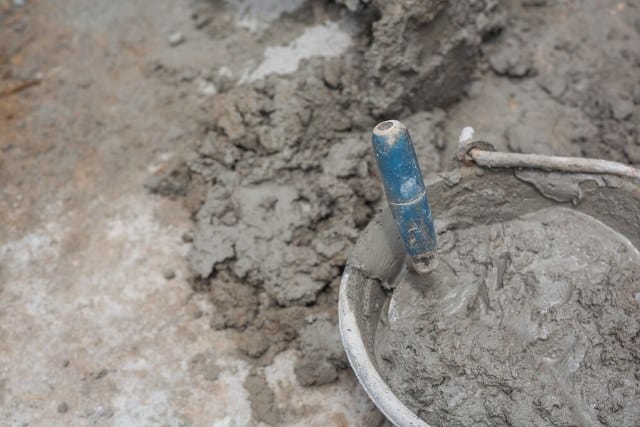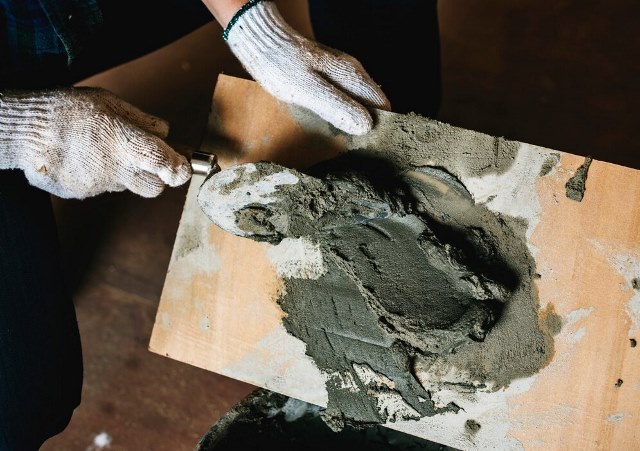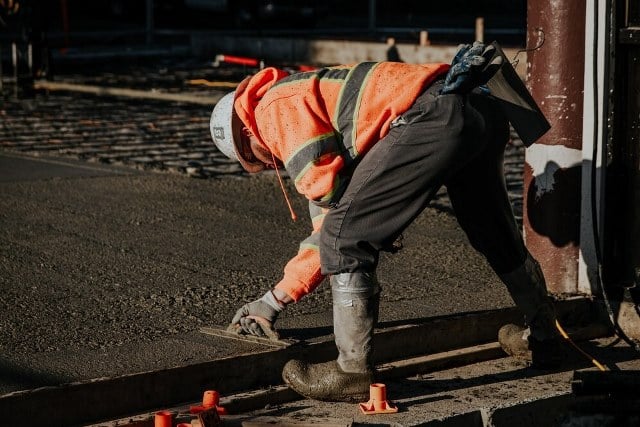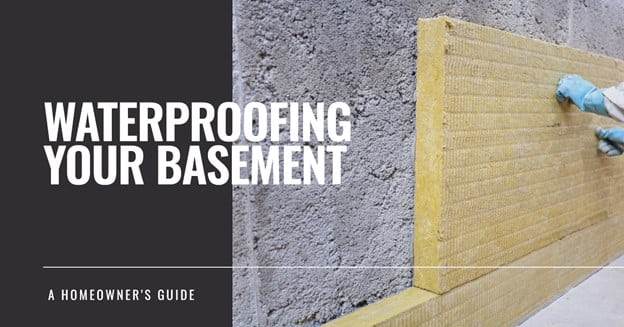Having a dry basement is important for keeping your home comfortable and strong. With occasional rains in the city, building structures in Philadelphia are prone to damage.
That’s why it’s crucial to have your home waterproofed to ensure structural stability and prevent various health issues that come with wet basements.
This homeowner’s guide will discuss why waterproofing your basement is important, different ways, and how to get it done. Let’s get started!

What is Basement Waterproofing?
Basement waterproofing is a process that seals off a building’s basement and ensures that water does not penetrate it.
It involves filling up possible basement walls or floor cracks with waterproofing sealants or paints. This assists in preventing entry points that otherwise allow water to seep in.
Hiring professional basement contractors Philadelphia like the Basement Waterproofing Scientists can assist you in discovering the correct waterproofing methods and guaranteeing the longevity of your waterproofed basement.
But first, let’s understand the factors that lead to a wet basement.
3 Potential Reasons for a Wet Basement
Managing water intrusion into basements is crucial. Here are some of the significant factors that lead to basement leaks in the city:
- Poor Drainage System: Issues such as clogged gutters and downspouts are common factors that many houses face. This may lead to water pooling around the house, especially around the basement area, thus leading to penetration into the basement.
- Climatic Conditions: During climatic conditions like rain and floods, the hydrostatic pressure of the water table puts pressure on the foundations of buildings. This pressure causes water to force through the foundation cracks and eventually infiltrate basements.
- Leaking Pipes: More often, plumbing systems have issues, which result in more instances of basement flooding caused by leaks and bursts. These internal water sources need regular upkeep and fixing to control the moisture levels in the basement.
By waterproofing the basement, you can stop water from causing damage and keep the area dry and usable no matter the season.

Two Main Types of Basement Waterproofing
In order to tackle these water issues effectively, there are two primary waterproofing approaches: internal and external. Both methods aim at different points of the basement where water may penetrate the house. They target several characteristics of water penetration and have unique perks. Knowing both will assist you in deciding on the approach that will be most suitable to a given scenario.
Interior Waterproofing
To make a basement waterproof from the inside, you must focus on stopping internal moisture as follows:
- Checking the walls and floors for cracks:
- Inspect for any cracks
- Seal them with materials like epoxy or polyurethane to prevent water infiltration
- Using a Dehumidifier:
- It helps reduce extra humidity in the air
- Prevents mold and mildew growth due to excessive dampness
- Installing an Interior Drainage System:
- Keeps water out of the foundation
- Prevents basement flooding, especially during the rainy season
- Applying Waterproof Paint or Sealer:
- Waterproof paints or sealers creates a protective barrier when applied to walls and floors
- Ensures the structure and comfort of your home remain unaffected by unpredictable weather
Exterior Waterproofing
Unlike internal waterproofing, external waterproofing prevents water from getting to the basement walls due to external factors. Key steps include:
- Grading the Ground Surrounding Your Home:
- Ensure the soil around the basement slopes downward
- Facilitates natural drainage to prevent water accumulation around building walls
- Installing an Exterior French Drain or Weeping Tile System:
- Efficiently moves water away from the building
- Reduces the risk of leaks in basement walls
- Ensures homes in cities like Philadelphia can handle diverse weather conditions
- Cleaning and Repairing Gutters and Downspouts:
- Prevents rainwater from flowing into the house
- Eliminates water pools near the building’s walls
- Reduces chances of water entering the basement

Cost to Waterproof Your Basement
It is essential to understand the cost of basement waterproofing before starting the process. Some options, like sealants and dehumidifiers, can cost anywhere from $500 to $3,000. If you need a more extensive solution, like French drains, it can cost around $40 to $100 per linear foot or, on average, between $4,000 to $15,000.
However, sometimes the installation prices can be as high as $18,000. On the other hand, if you need to waterproof the outside of your house, it involves digging and applying a special layer, which can cost between $8,000 to $15,000. In short, the average cost of the process ranges between $2000-$7000.
Get specific price estimates from trustworthy contractors to ensure you’re paying the right amount for your needs. Remember, these costs are like an investment in keeping your home safe and healthy.
Which Basement Waterproofing Method Is Best for You?
It’s important to think about the pros and cons of different waterproofing methods before picking the right one for your basement.
If you only have a little bit of moisture in the home, using things like sealants and dehumidifiers inside might be enough. But if the water problem is severe, you might need to use both internal and external waterproofing techniques. Usually, the best way to keep water out of your basement is by waterproofing the outside, but it can cost more money and time.
Talking to a waterproofing expert can help you determine the cause of the leakage and choose the best and most affordable way to protect your home. Finding the right specialist is key to ensuring your waterproofing job is done right. Here’s what you need to know.
How to Hire a Basement Waterproofing Professional
To ensure the project is done right, it’s crucial to find a reliable basement waterproofing expert who knows what they’re doing. Here are the steps to follow:
1. Reviews and Recommendations:
Read customer reviews and research contractors in your area.
Ask for recommendations from friends and family.
2. Ask for Credentials:
Verify references, licenses, and insurance of potential contractors.
3. Compare Quotes:
Obtain various quotations from contractors. Compare the cost and scope of work provided in each quote.
4. Focus on Details
Ensure the contract has a timeline, a list of supplies, and detailed job descriptions
Choose a contractor who offers a warranty for their work.
Wrapping Up
Keeping your basement safe from water damage is essential for keeping your home healthy and valuable. Learn what causes moisture issues and use good waterproofing methods to ensure your basement stays dry and strong.
Get in touch with Basement Waterproofing Scientists to figure out what you need and get the right solutions. Ensure your home stays safe and strong by investing in good basement waterproofing.


